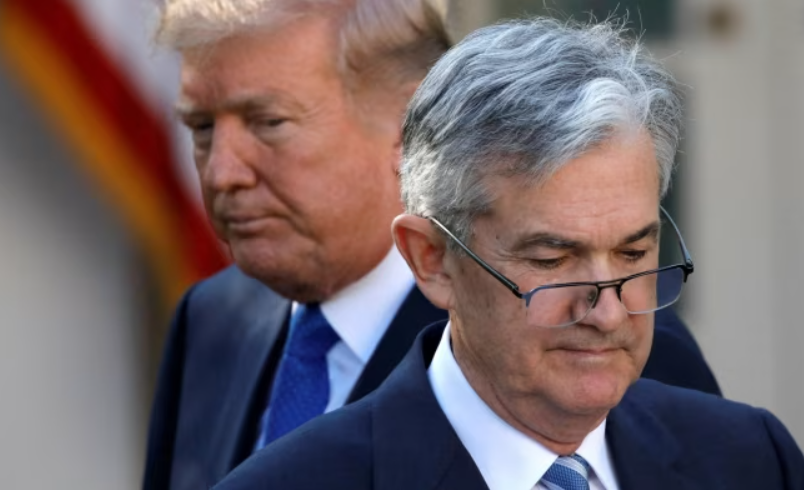
Yu Xiang, Senior Fellow, China Construction Bank Research Institute
May 30, 2025
Wall Street’s turmoil is both a crisis and an opportunity. Those who adapt by diversifying into non-dollar assets or betting on emerging markets as wealth and power are redefined could come out ahead.
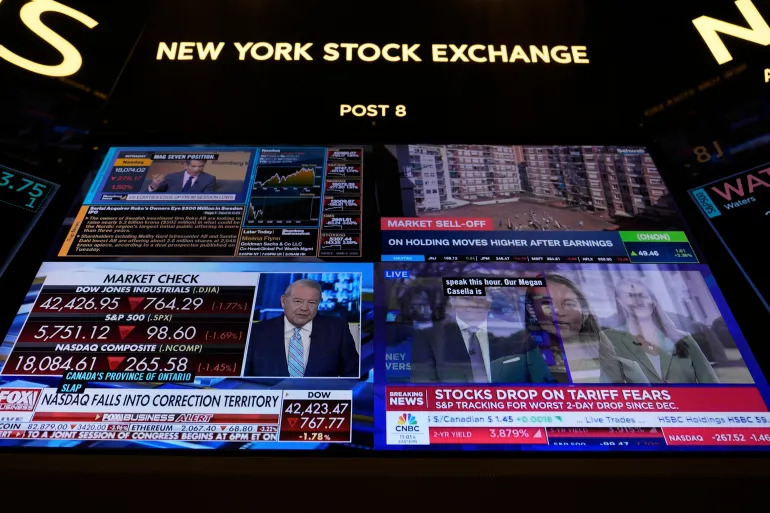
Yu Xiang, Senior Fellow, China Construction Bank Research Institute
Mar 20, 2025
The recent wave of volatility reflects policy missteps, market overheating and a shifting global landscape. Short-term risks remain, and vigilance is required for both economic indicators and policy. We’re living through a time in which there is no substitute for calm and prudent analysis.
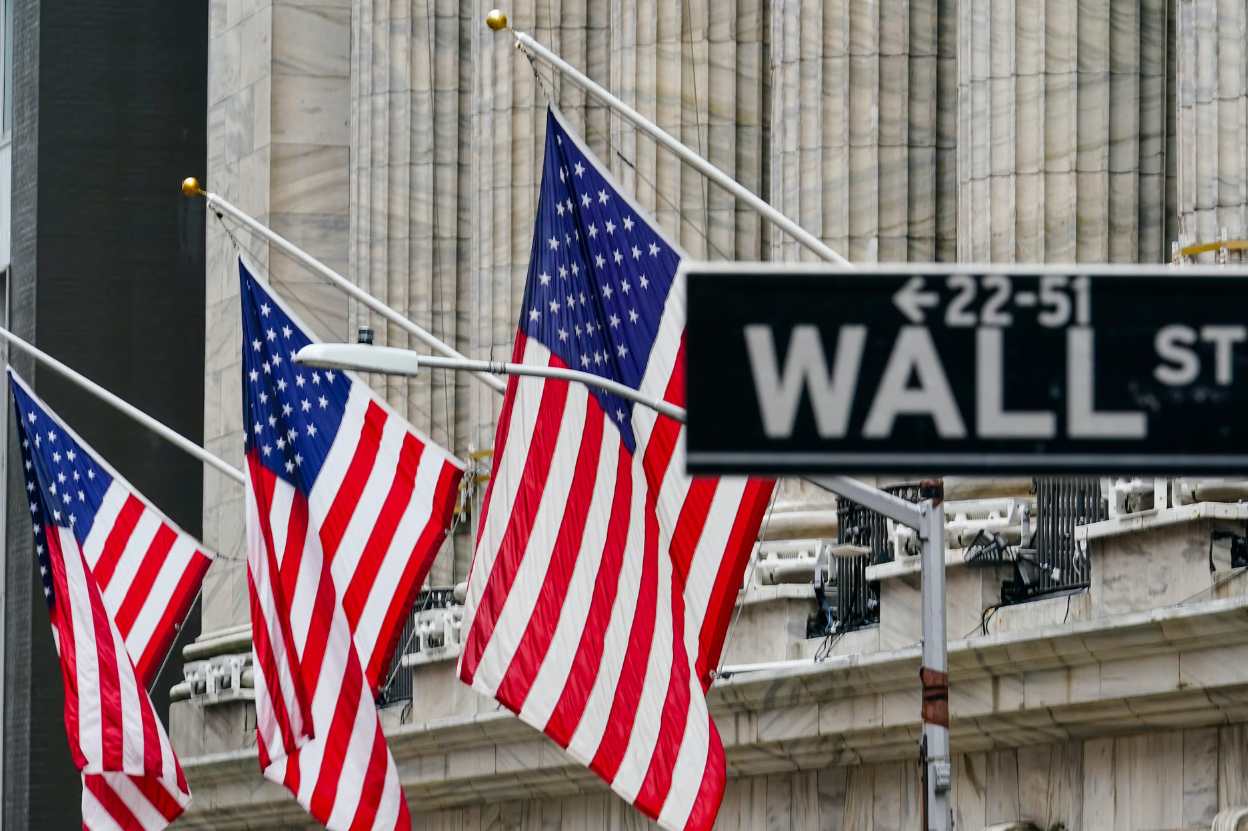
Ma Xue, Associate Fellow, Institute of American Studies, China Institutes of Contemporary International Relations
Aug 23, 2024
The implications of recent stock market volatility in the United States, combined with slowing job growth and rising unemployment, are causing a panic and triggering discussions about an inflection point. The signs of a recession are rattling the market’s shared hope for a soft landing.
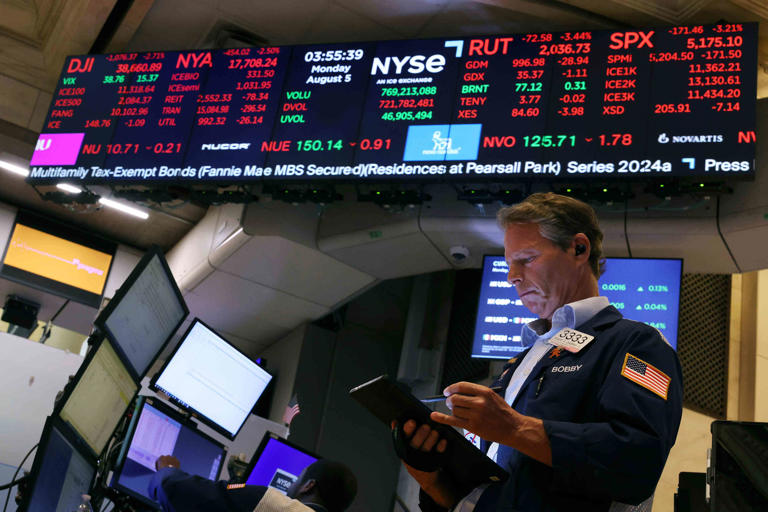
Yu Xiang, Senior Fellow, China Construction Bank Research Institute
Aug 16, 2024
Only through steadfast multilateral policy coordination and flexible, effective measures can global financial markets weather the storm safely and achieve stability and development.
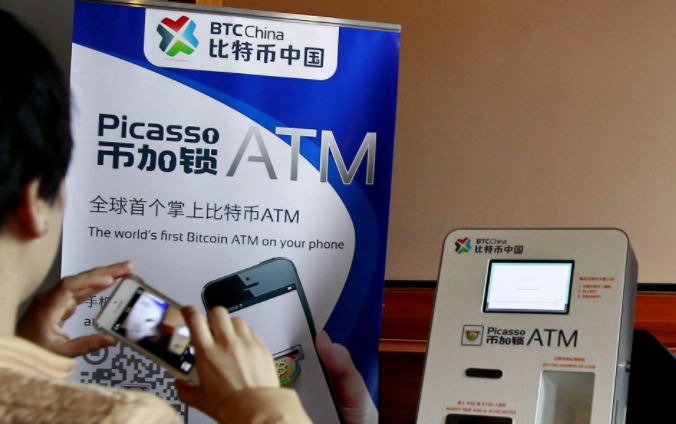
Andrew Sheng, Distinguished Fellow at the Asia Global Institute at the University of Hong Kong
Xiao Geng, Director of Institute of Policy and Practice at Shenzhen Finance Institute, Chinese University of Hong Kong
Sep 05, 2017
Financial markets today are thriving. The Dow Jones industrial average, the S&P 500, and the Nasdaq composite index have all reached record highs lately, with emerging-economy financial markets also performing strongly. But digital currencies could further destabilize an already-tenuous leverage- and liquidity-based system.
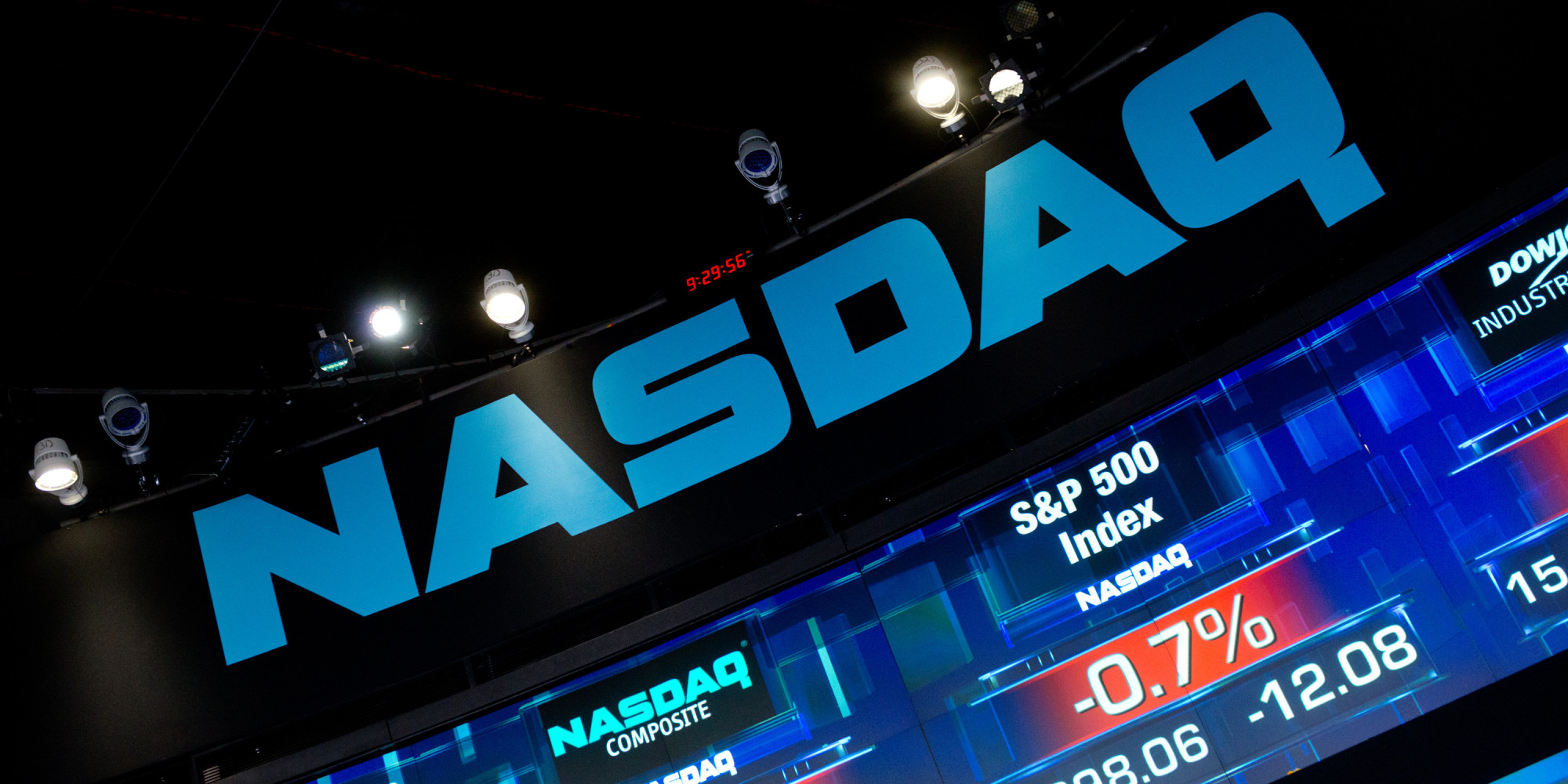
Zhong Wei, Professor, Beijing Normal University
Jul 10, 2017
The bubbles in both finance and property are growing too big. The ordinary real economy is increasingly unable to bear the over-expansion of finance and property of the past 10 years. And NASDAQ is the most precarious bubble of all.
Sam Beatson, a Senior Economic Analyst
Apr 13, 2017
The performance of Chinese and U.S. shares are rarely compared side-by-side. Together though, they tell the story of the gains that have been available to investors over the past decades, in what are now regarded as the two largest economies—and most capitalised stock markets—in the world.
Sep 22, 2015
Chinese President Xi Jinping defended his government’s economic stewardship and said that China’s slowing growth and market fluctuations won’t deter needed reforms.
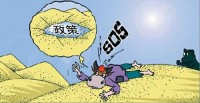
Jeffrey Frankel, Professor, Harvard University's Kennedy School of Government
Sep 10, 2015
The lens of government intervention in China has led foreign observers to misinterpret some of the most important developments this year in the foreign exchange market and the stock market.
Fred Hu, Chairman, Beijing-based Primavera Capital Group
Aug 28, 2015
Moderating growth rates in the range of 5-7% per annum reflect the higher per capita income level and the changing growth paradigm in China. A modest slowdown is a necessary and healthy adjustment for China to transition to a new trajectory of more efficient and sustainable growth. But instead of greeting such a positive "new normal" with enthusiasm, the naysayers have reacted with dismay as though they would rather prefer the old growth model.
Back to Top

- China-US Focus builds trust and understanding between the U.S. and China through open dialogue among thought leaders.
- Our Offerings
- Topics
- Videos
- Podcasts
- Columnists
- Research Reports
- Focus Digest
- Stay Connected
-
Thanks for signing up!
- Get the latest stories from China-US Focus weekly.